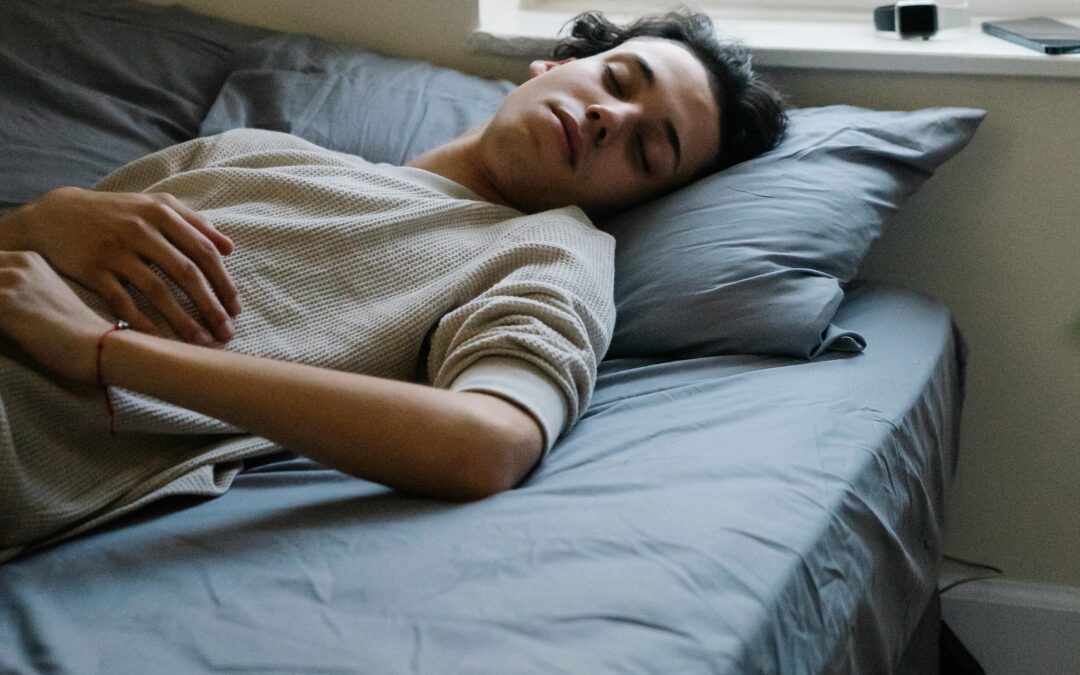By: Patrick Moday, BBA, RPSGT, RST, California Sleep Society President
Question: What is Delayed Sleep Syndrome?
Answer: The natural shift in a teen’s circadian rhythms is called “sleep phase delay”. Delayed sleep phase is a sleep disorder that affects the internal clock, known as circadian rhythm.
Question: My teenager won’t go to sleep right away at night. Sometimes taking 2, 3, 4 hours to go to sleep. What gives?
Answer: Bring your teenager to a sleep specialist for more information.
Symptoms
People with delayed sleep phase fall asleep and wake later than they want and later than usual sleep and wake times. Sleep and wake times are delayed at least two hours and may be delayed up to 3 to 6 hours. People with delayed sleep phase may regularly go to sleep at 3 a.m. and wake at 10 a.m., for example.
The symptoms are persistent. They last at least three months and often for years. Symptoms may include:
- Not being able to fall asleep at a typical bedtime, known as insomnia.
- Trouble waking up in the morning in time to go to work or school.
- Extreme daytime drowsiness.
- Trouble staying alert during the day.
Causes
Delayed sleep phase is caused by a person’s internal clock circadian rhythm being out of sync with the environment. Your internal clock lets you know when it’s time to sleep and when it’s time to wake. Known as circadian rhythm, your internal clock is on a 24-hour cycle. Cues in the environment influence the sleep-wake cycle. These cues include light, darkness, eating and physical activity.
The exact cause of delayed sleep phase isn’t known. But circadian rhythms can be delayed in teenagers for biological reasons. Staying up late to do homework, watch TV or use the internet can make the sleep delay worse.
How to Identify and Treat Delayed Sleep Phase Syndrome
- Stick to a sleep schedule. This may sound simple, but it’s not. If you have delayed sleep phase syndrome, you need to stick to a regular bedtime and wake-up time. You shouldn’t shift your sleep.
- Get the right light exposure to light in the morning can help reset the body clock.
- Try melatonin.
- See a sleep specialist.

